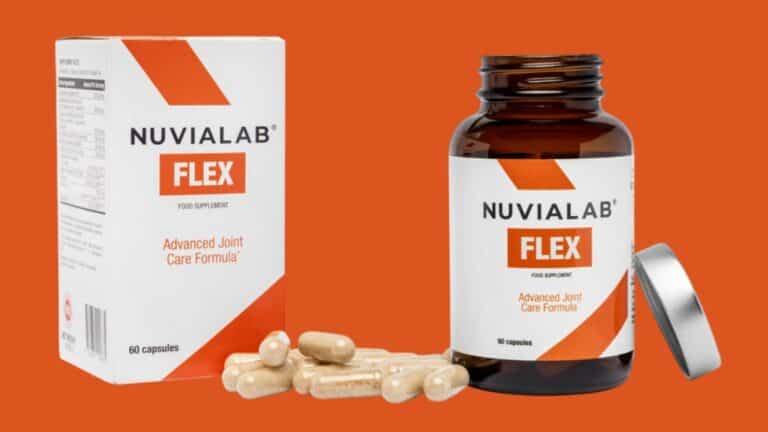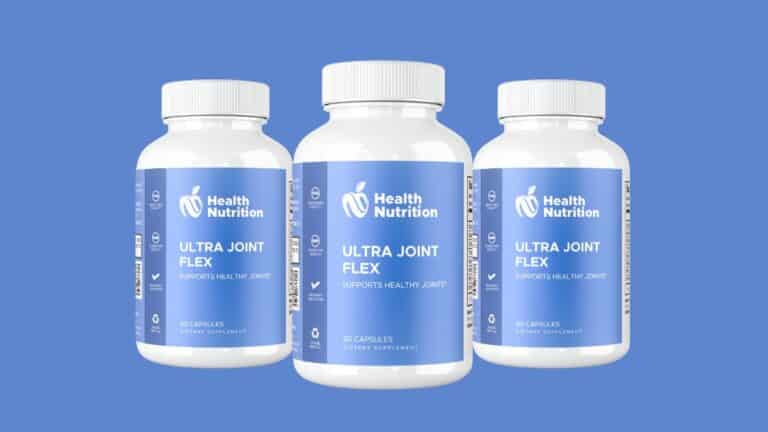Conjugated Linoleic Acid (CLA) has garnered attention for its potential role in weight loss and overall health. Found naturally in meat and dairy products, and available as a supplement, CLA is a type of polyunsaturated fatty acid. Despite its popularity, the efficacy and safety of CLA supplements remain topics of debate. This article delves into the science behind CLA, its potential benefits, and the associated risks to provide a comprehensive understanding of this intriguing compound.
What is Conjugated Linoleic Acid (CLA)?
CLA is a type of omega-6 fatty acid naturally produced by ruminant animals such as cows, goats, and deer. These animals convert the omega-6 fatty acids from their diet into CLA through a unique enzymatic process. CLA is then stored in the animals’ muscle tissues and milk. There are several forms of CLA, but the most notable are cis-9, trans-11 (c9, t11) and trans-10, cis-12 (t10, c12). The former is most abundant in food, while the latter is commonly found in supplements and associated with weight loss.
CLA and Weight Loss: The Science
Animal Studies
Research has shown promising results for CLA’s fat-burning capabilities in animals. Studies indicate that CLA can reduce body fat by increasing the activity of enzymes and proteins involved in fat breakdown. For instance, a study on mice demonstrated a significant reduction in body fat, up to 70%, over six weeks compared to a placebo. Other animal studies have found that CLA prevents fat gain and decreases fat growth in a dose-dependent manner.
Human Studies
However, the results in humans are less conclusive. A review of 18 high-quality studies revealed that individuals supplementing with CLA experienced an average weight loss of only 0.11 pounds per week, translating to less than half a pound per month. Another review focusing on long-term effects found a modest reduction of 2.93 pounds over 6-12 months. These findings suggest that while CLA might offer some weight loss benefits, the effects are minimal and may not translate into significant real-world results.
Potential Health Benefits of CLA
Beyond weight loss, CLA is believed to offer several health benefits:
- Improved Immune Function: Some studies suggest that CLA can enhance immune function, potentially helping the body to fight off infections and diseases.
- Reduced Risk of Heart Disease: There is evidence that dietary CLA, particularly from natural sources, may reduce the risk of heart disease.
- Anti-Cancer Properties: Preliminary research indicates that CLA might possess anti-cancer properties, although more studies are needed to confirm these effects.
Sources of CLA
The primary dietary sources of CLA are meat and dairy products. Foods with the highest concentrations of CLA include:
- Butter: 6.0 mg/g fat
- Lamb: 5.6 mg/g fat
- Mozzarella Cheese: 4.9 mg/g fat
- Plain Yogurt: 4.8 mg/g fat
- Sour Cream: 4.6 mg/g fat
- Cottage Cheese: 4.5 mg/g fat
- Fresh Ground Beef: 4.3 mg/g fat
- Cheddar Cheese: 3.6 mg/g fat
- Beef Round: 2.9 mg/g fat
The CLA content in these foods can vary based on factors such as the animal’s diet and the season.
Risks and Side Effects of CLA Supplements
While CLA from natural sources is generally considered safe, CLA supplements have been associated with several potential risks and side effects:
- Inflammation: Some studies have linked CLA supplements to increased levels of C-reactive protein, a marker of inflammation in the body. Chronic inflammation is associated with various health conditions, including obesity, heart disease, and cancer.
- Liver Health: CLA supplements have been associated with elevated liver enzymes, indicating potential liver damage or inflammation.
- Insulin Resistance: There is some evidence that CLA supplements might increase insulin resistance, which can lead to type 2 diabetes.
Given these potential risks, it is crucial to approach CLA supplementation with caution. The naturally occurring forms of CLA found in food are different from those in supplements, which may explain the differences in health effects.
Practical Recommendations
For those considering CLA for weight loss or other health benefits, here are some practical recommendations:
- Prioritize Natural Sources: Incorporating CLA-rich foods such as dairy products and grass-fed beef into your diet is a safer approach than taking supplements.
- Balanced Diet and Exercise: While CLA might offer some benefits, it should not replace a balanced diet and regular physical activity, which are proven methods for weight loss and overall health.
- Consult Healthcare Providers: Before starting any new supplement regimen, it is essential to consult with a healthcare provider to ensure it is appropriate for your specific health needs.
Conclusion
Conjugated Linoleic Acid (CLA) presents an interesting case in the world of dietary supplements. While its fat-burning effects are significant in animals, the benefits for humans are modest at best. Furthermore, the potential risks associated with CLA supplements highlight the importance of cautious use. Prioritizing natural sources of CLA and maintaining a balanced lifestyle remain the most effective strategies for achieving and maintaining a healthy weight. As with any supplement, individual results can vary, and it is always best to seek professional medical advice before making significant changes to your diet or health regimen.







